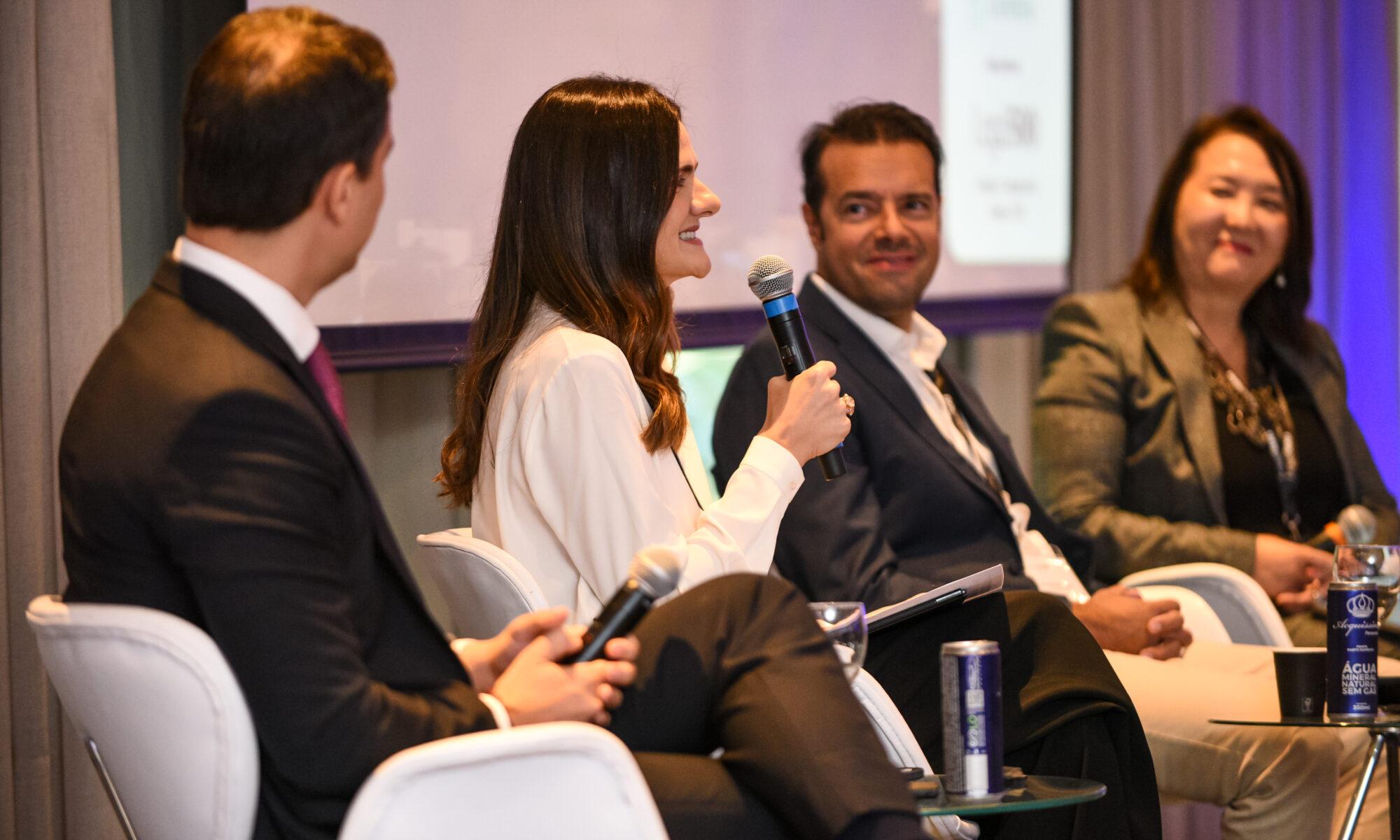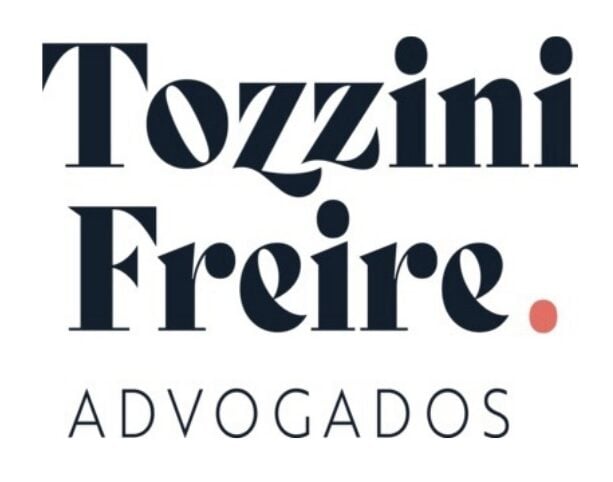Event Report
The GC Summit Brazil 2024 has solidified its position as an annual gathering of top in-house legal professionals, offering a platform for exchanging insights on critical business and legal challenges. Each year, the summit attracts Brazil’s leading legal minds, offering a space for dialogue on pivotal regulatory trends and the evolving role of general counsel in an increasingly complex legal landscape.
In this year’s edition, the panels addressed a wide range of timely issues, from the implications of Brazil’s tax reform to the legal strategies around Environmental, Social, and Governance (ESG) compliance. With panelists including senior legal executives from major corporations and law firms, the event continued its tradition of fostering collaboration and innovation within the legal community. This growing tradition of annual discourse underscores the Summit’s importance as a key event on the calendar for Brazilian legal professionals. As the Brazilian business environment becomes more dynamic, the GC Summit will continue to be a critical platform for legal experts to share best practices, tackle new regulatory hurdles, and contribute to the shaping of corporate governance across industries.
The first panel of the day, sponsored by Pinheiro Neto Advogados delved into the intricacies of Brazil’s evolving tax system, emphasising the complexities of the proposed tax reforms currently under discussion by the government. The panelists highlighted how these changes are designed to simplify Brazil’s historically complex tax structure, but also acknowledged the uncertainties that companies may face during the transition. They analysed the current challenges in the tax code and discussed the government’s objectives to create a more business-friendly tax regime, which could significantly impact multinational corporations, local enterprises, and tax planning strategies. The conversation provided practical advice for legal teams on how to navigate these changes, focusing on compliance strategies and risk mitigation as businesses prepare to adapt to the shifting regulatory environment.
The second panel of the day, supported by Demarest examined the increasing importance of ESG (Environmental, Social, and Governance) considerations within the legal framework of Brazil, particularly in light of recent regulatory developments. They discussed how companies can stay ahead of compliance requirements while incorporating sustainability goals into their business models. The session also focused on how general counsel can promote diversity, equity, and inclusion (DEI) within their corporate governance structures, presenting case studies that demonstrated successful integration of ESG goals with business operations. The panel stressed the significance of transparency, ethical conduct, and stakeholder engagement, and explored how companies can leverage technology and data analytics to enhance ESG reporting. Legal experts offered best practices on governance frameworks that promote accountability and innovation, while also safeguarding the company’s reputation and fostering trust with stakeholders.
Our third panel of the day by TozziniFreire tackled the increasing legal exposure faced by shareholders, officers, and directors. The discussion focused on the expanding personal liability for these stakeholders, especially in cases of non-compliance with legal and regulatory obligations. Panelists explored the intersection of legal responsibility and corporate governance, offering insights into how companies can mitigate the risks associated with personal liability through more robust compliance measures and ethical business practices. The panel also addressed the role of general counsel in advising corporate leaders on risk management and how to navigate the potential consequences of failing to meet their obligations under Brazil’s evolving regulatory landscape.
Iokoi Advogados stressed how cyber threats continue to evolve, hence, Brazilian companies are increasingly exposed to the risks posed by data breaches and ransomware attacks. This session focused on the methodologies and best practices for conducting effective investigations following cyber incidents. The panelists emphasised the importance of having a well-prepared incident response plan that involves legal, compliance, and IT teams working closely together. They also discussed the legal and regulatory considerations surrounding cyberattacks, including the need to comply with data protection laws such as Brazil’s General Data Protection Law (LGPD). In addition, they provided insights into the challenges of attributing attacks to specific threat actors, as well as the critical role of forensic investigations in identifying vulnerabilities and improving cybersecurity measures moving forward.
Greenberg Traurig, in a panel led entirely by women, explored the rapidly expanding gaming industry in Brazil, with a sharp focus on the financial regulatory landscape. Panelists discussed the current state of the gaming sector, highlighting the legal framework that governs financial transactions, anti-money laundering (AML) efforts, and taxation issues. They explored recent legislative changes that aim to regulate the industry more effectively and the challenges faced by both local and international operators in complying with these new regulations. The session provided a comprehensive overview of the best practices for ensuring regulatory compliance while fostering a sustainable and competitive gaming market. The panel also looked ahead at potential future developments, driven by technological advancements and global market trends, which may further shape the legal and financial aspects of the gaming industry in Brazil.
The final panel of the summit focused on the global energy transition and its implications for the Brazilian market. As the world shifts toward renewable energy sources and greener technologies, the panel explored how Brazil, with its vast natural resources, is positioned to take advantage of these trends. The panelists discussed key drivers of this transition, such as the growth of renewable energy projects, advancements in energy storage technology, and the increasing adoption of electric vehicles. They also examined the regulatory frameworks and policy initiatives that support the energy transition in Brazil, highlighting both the opportunities for economic growth and innovation as well as the challenges, such as ensuring grid reliability and addressing energy equity. The session concluded with a discussion on the importance of international cooperation and the role of public and private sector collaboration in fostering a sustainable and inclusive energy future.
The event wrapped up with a selection of delectable canapés, complemented by drinks, offering attendees a chance to unwind and network in a relaxed setting. As expected, the GC Summit Brazil not only delivered practical insights but also fostered a strong sense of collaboration among Brazil’s legal professionals, further solidifying its status as a pivotal event in shaping corporate legal strategies across the country.








